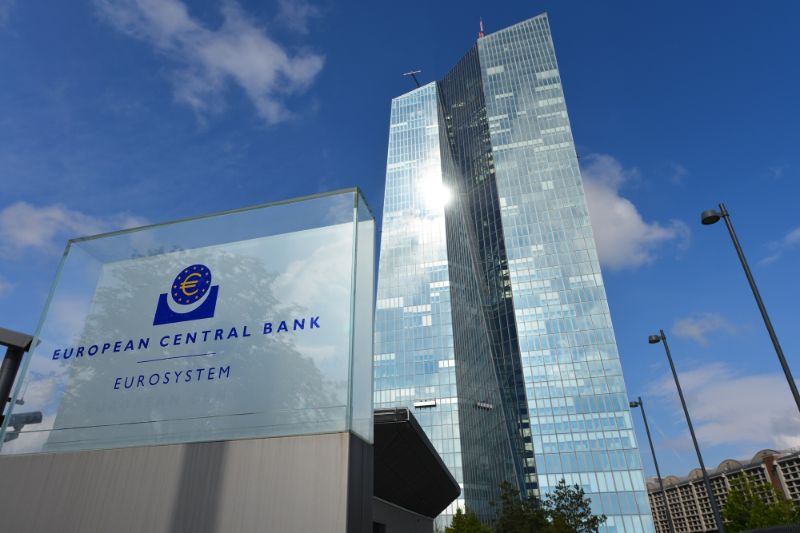ECB rates take a breather – at last!

For the first time in 18 months, the European Central Bank has decided not to raise its key interest rates. A welcome break for those thinking of buying into the housing market.
The Executive Board of the European Central Bank decided at its last meeting not to increase its key interest rates. In the detail, this means that there is no change in the deposit rate, which had been hiked to 4% in September for the first time since the launch of the European single currency in 1999. But the decision to leave things as they are also affects the refinancing and marginal lending facility rates, which therefore remain at 4.50% and 4.75% respectively.
For the real estate sector, it is the refinancing rate that comes under the most scrutiny as it is the rate that banks have to pay when they borrow money from the ECB. So in broad terms, the higher the refinancing rate, the more the banks charge for their lending to prospective real estate purchasers. However, this refinancing rate, which stood at only 0.05% in 2014 and had risen to only 0.5% by September 2022, was then increased on ten consecutive occasions. And this is what was at the root of the real estate crisis that hit the Grand Duchy and Europe in general sometime later...
How long is the break for?
"We consider that rates are at levels that, maintained for a sufficiently long duration, will make a substantial contribution to the timely return of inflation to our target," said ECB President Christine Lagarde. And in terms of what the future holds, Ms Lagarde said: "Even having a discussion on a cut is totally premature. For the moment, what we are saying is that we have to be steady, we have to hold. This is the decision of today. We are holding." If energy prices and the geopolitical situation (Ukraine, Middle East) lead to renewed price rises (and therefore inflation), the ECB could review its position...and raise rates again in the coming months. But for now, at least, it is keeping them as they are. And the break may be for a while. This is how the economist Bastien Drut sums the position up in his own way in Capital magazine: "In the eurozone, it is clear that the distribution of bank credit has undergone a considerable slowdown due to the increases in interest rates, and this will weigh on activity, and the ECB can now afford to wait for it to put more downward pressure on inflation."
The immediate consequence for families looking to buy homes is an increase in visibility in the short and medium terms. And using the skills of seasoned specialists, they can negotiate with the banks to secure the best-possible rates for their purchases. And what is more, lenders are starting to revise their rates downwards in order to promote recovery...and the same applies to those looking to renegotiate a mortgage.
The right time to negotiate
Waiting for a fall in ECB rates is still too random, as the Tribune newspaper noted recently: "The big question is no longer around future increases, but about how long historically-high rates are to be maintained. Frankfurt could remain 'on hold' until mid-2024 at least," said Frederik Ducrozet, chief economist at Pictet Wealth Management in September. Looking at how stubborn the inflation is, other analysts expect a fall in late 2024 or early 2025.
In this tricky environment, do not hesitate to contact LuxKredit to gain the benefit of professional, personalized, expert support to access the best rates on the market.
Your loan application in just a few clicks
You are looking for tailor-made advice and support from financial professionals, you want to save time... we take care of all the steps for you to carry out your project in the best market conditions. Send us your request with a few clicks and we will take care of the rest!
